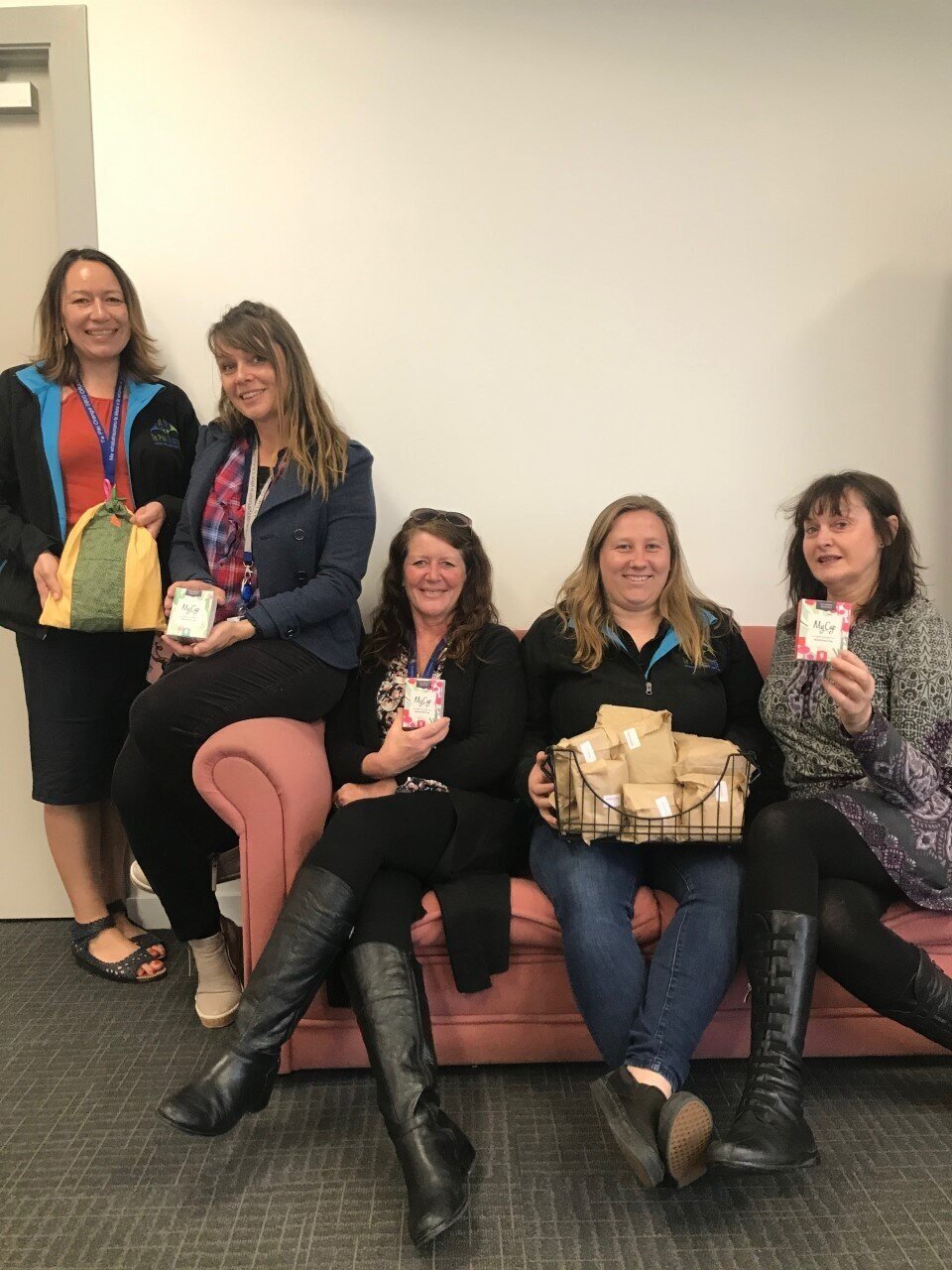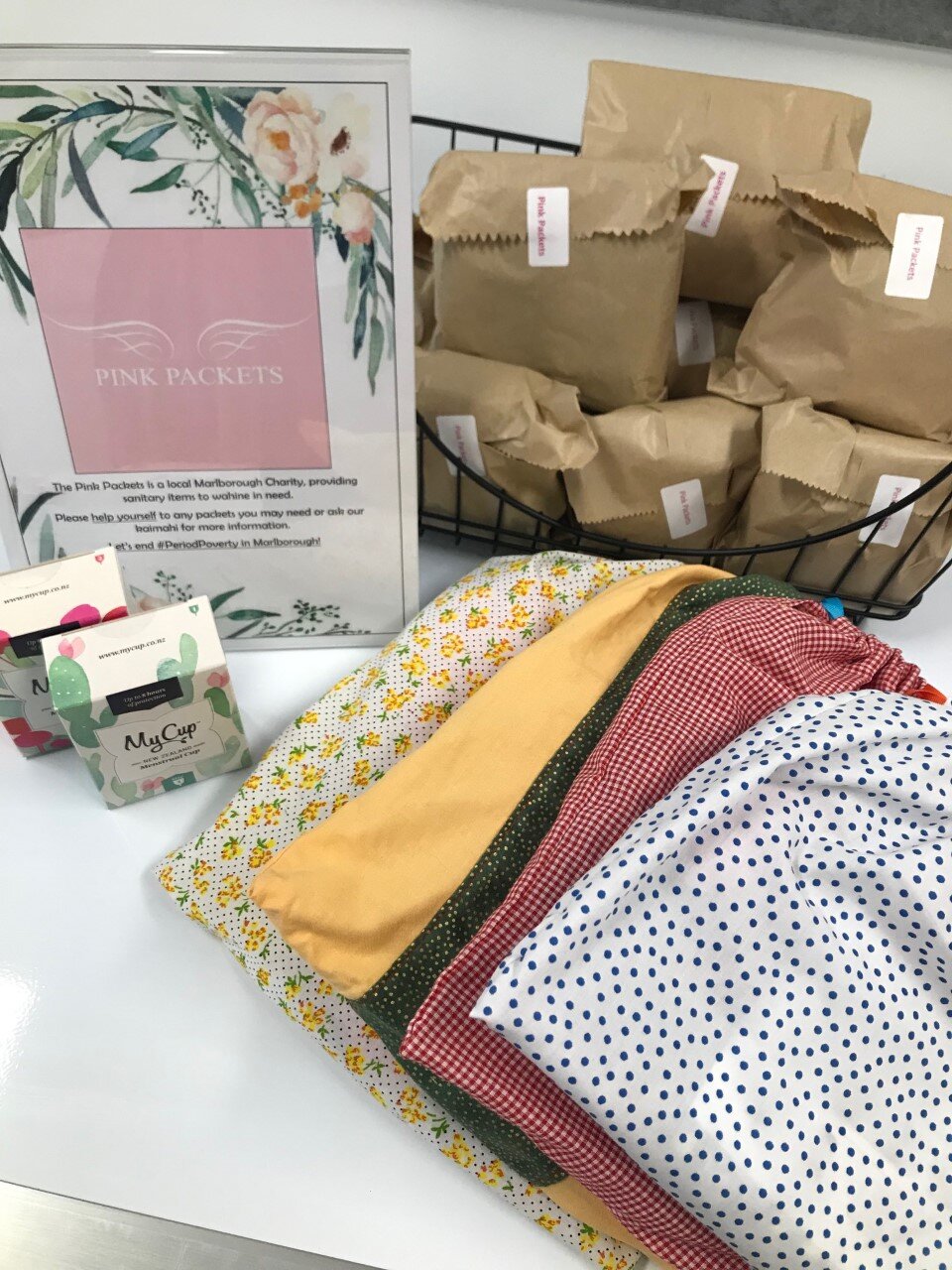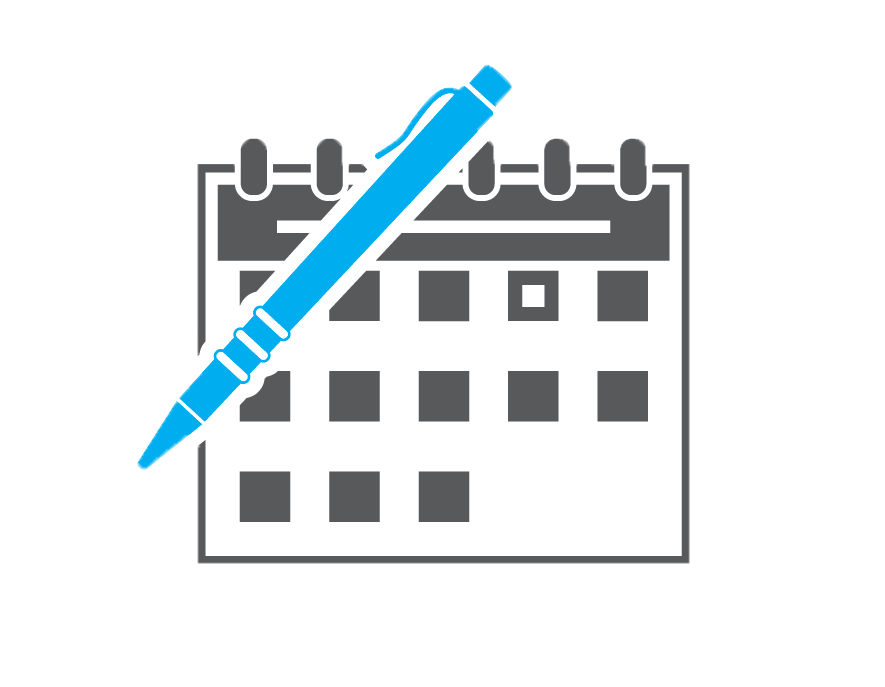Wairua CAMHs Rangatahi Basketball Team Finish 3rd Year of playing together
It’s well known that rangatahi who stay active and participate in sport, are less likely than their sedentary peers to smoke, drink or take other health risks. Basically, there’s less time to get into trouble!
Over the last three years, John Hart, Whānau Navigator in our Wairau office has encouraged rangatahi supported by Te Piki Oranga’s Child and Adolescent Mental Health Service (CAMHs) mentoring programme, to get involved in playing sport, in particular basketball. During this time, he has put forward a team in the Marlborough Basketball Associations Winter League.
John says: “Most of the players don’t play any other team sports, so being involved in basketball is a great vehicle for greater hauora.”
The players are aged between 12 and 16 years of age, and play in a senior mixed competition on Wednesday evenings over the winter months and often bring their friends along as ring-ins.
Two of the players are from the original team from three years ago and one of the team’s youngest players has been asked to trial for a under 13 rep team!
With the winter season now at an end, the team has secured additional funding from Kaitoa Charitable Trust for the summer league. And the team are taking things seriously by moving into the gym for boxing and cardio training, as well as playing fun games.
The team has been possible because of support from the Marlborough Violence Intervention Project, Marlborough Lines, Te Piki Oranga and the Kaitoa Charitable Trust.
Thanks to these organisation and John’s dedication our rangatahi benefit in many ways. The team has been given the opportunity to get out and use their energy positively, find their competitive sides and change their values for the better. They have been able to grow positive friendships, improve their social skills and better their hauora.
One noticeable comment from the bench was that “bullying is not acceptable within this team.” What a wonderful lesson to learn in such a positive and fun environment.

![20200916_184623 Wairau basketball team[1906].jpg](https://images.squarespace-cdn.com/content/v1/574e33fa59827e36a2d12220/1605826511425-KYKBD7W38SEWYJCPFOEF/20200916_184623+Wairau+basketball+team%5B1906%5D.jpg)







